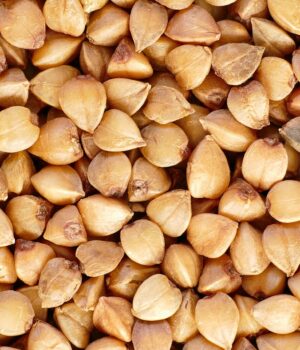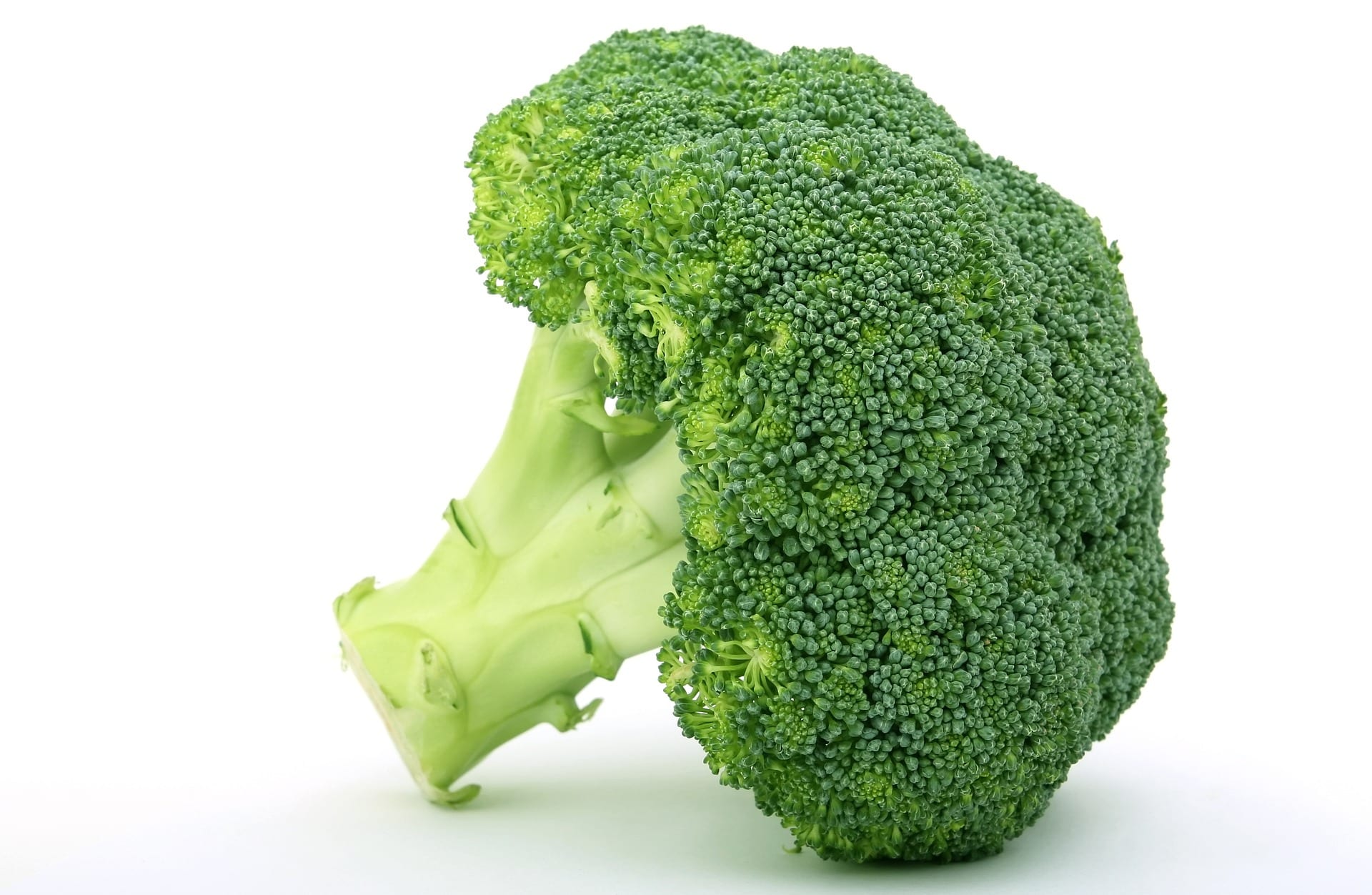Buckwheat, also known as buckwheat, is not actually a type of wheat, but a seed that belongs to the Polygonaceae family. Originating from Central Asia, this grain has gained popularity around the world due to its health benefits and its versatility in the kitchen. In this article, we will explore the nutritional properties of buckwheat, its culinary uses, and some interesting facts about its cultivation.
Nutritional properties:
Buckwheat is an excellent source of essential nutrients. Although relatively low in calories, it stands out for its high content of high-quality proteins. It is also a significant source of dietary fiber, B vitamins, and minerals such as manganese, magnesium, and phosphorus. Plus, it's naturally gluten-free, making it a safe option for those with gluten intolerance or celiac disease.
Health benefits:
- Glucose control: It can help stabilize blood sugar levels due to its low glycemic index and fiber content.
- Cardiovascular health: The presence of rutin and other antioxidants in buckwheat may contribute to heart health by reducing inflammation and improving blood circulation.
- Healthy digestion: The fiber present promotes digestive health by promoting intestinal regularity and preventing problems such as constipation.
Buckwheat in cooking:
Buckwheat is used in various ways in cooking. Some of the most common options are:
- Buckwheat flour: Perfect for making pancakes, crepes, cookies and other baked goods. It provides a robust and earthy flavor to preparations.
- Whole grains: Cooked like rice, buckwheat grains are an excellent base for main dishes or side dishes.
- Kasha: A traditional preparation in which the beans are roasted before cooking, adding a more intense flavor.
- Rice or quinoa substitute: Cooked it can replace other grains in various recipes, providing a nutritious and gluten-free alternative.
Buckwheat cultivation:
Buckwheat is a hardy plant that adapts well to different climates. It is known for its ability to thrive in poor soils, making it a viable crop in regions where other grains may struggle. Additionally, its short growth cycle makes it ideal for crop rotation, improving soil health.
Buckwheat is not only a delicious option in the kitchen, but it also offers numerous health benefits. Its versatility and ease of cultivation make it a valuable food to include in a balanced and diverse diet.







